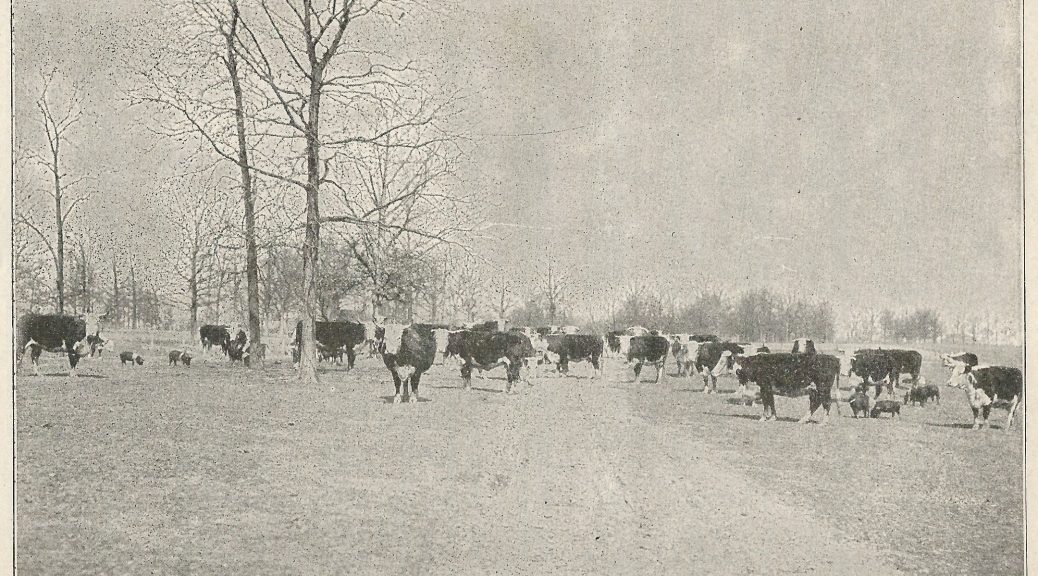The Secretary of Agriculture’s Response to the Great Depression
The 1930s were a tumultuous time, not just for farmers, but for the entire world. The world’s economy collapsed into an economic depression that shaped an entire generation. The harshness of scarcity became very real. Naturally, people grew desperate and needed to make substantial changes. Many farmers were forced to look for other work. The number of tractor manufactures skyrocketed in the 1910s and 1920s, but only a handful of companies survived the collapse in the 1930s. In such desperate…
